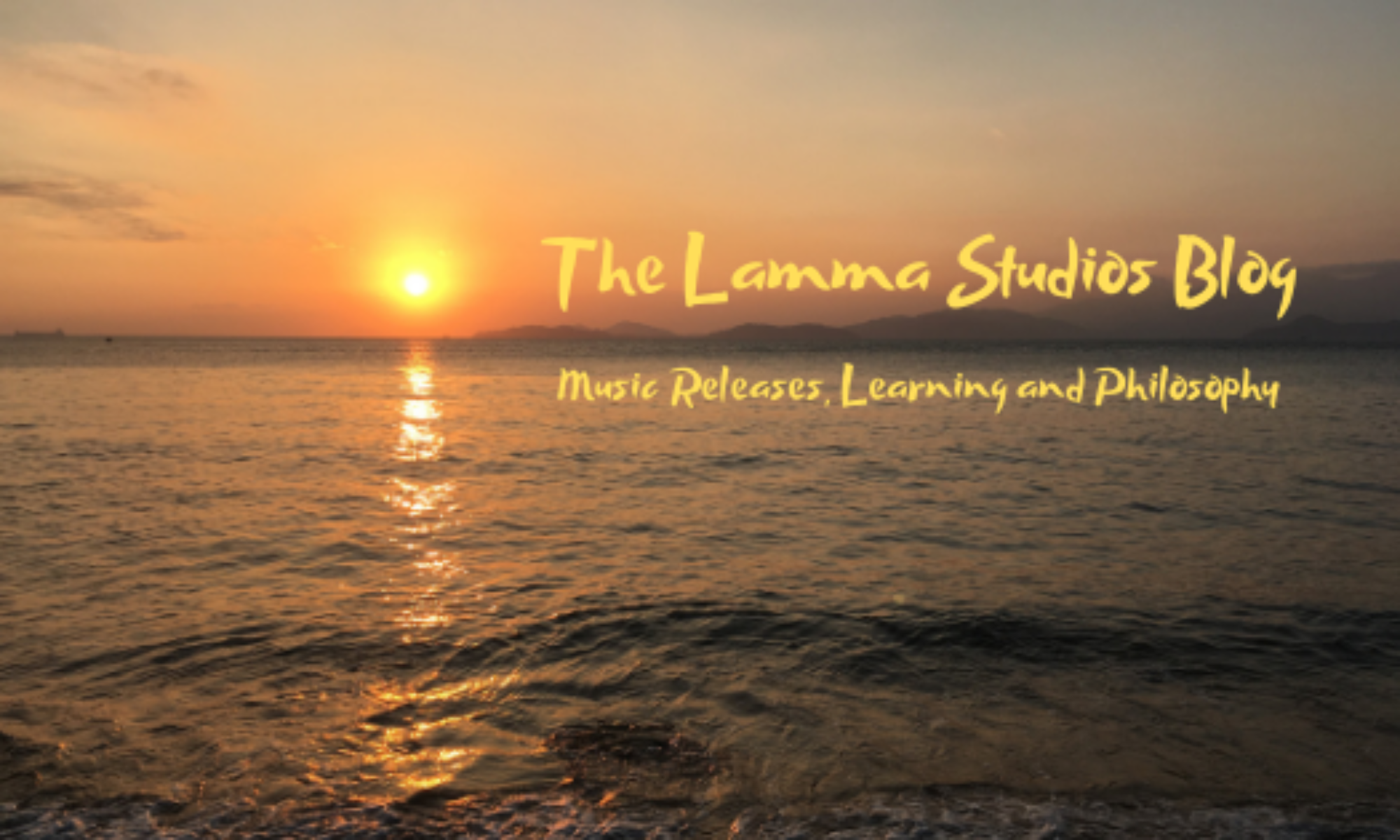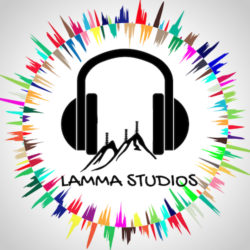In my opinion improvisation is one of the most important and helpful practices a musician can perform, yet one of the most neglected. Today classical music and musicians suffer greatly as a result of this neglect. Musicianship is first and foremost about expression, and only through the practice of improvisation can we can discover our true artistic voices. Improvisation is the essential practice of true musicians.
Improvisation was the main tool of composition and a major practice of almost all great composers and virtuosi in classical music’s heyday. Bach, Beethoven, Mozart, Liszt, Paganini, Ives, and many many other classical lions were brilliant improvisers and did it every day. Cadenzas were usually improvised up through the beginning of the 19th century, and many classical music recitals by these great musicians would contain long and elaborate improvisations.
Today the art is almost completely lost in classical music, and this has led to a great decline in personal expression, creativity, and joy in classical music performance and life. Classical musicians today are largely creatively constipated, neurotic, terrified of making mistakes, and joyless performers. Just look at an orchestra perform on most nights and look for who appears visibly to be enjoying themselves and smiling. It should be an amazing experience playing the world’s best music together onstage, but genuine onstage joy while performing is a rare sight in classical music.
Where has the joy gone in classical music? My first attempt at playing music is an instructive story as to how that happens.
When I was a young kid I loved playing the piano, even though I knew no music theory or technique. I would go to the piano and bang out whatever came to my mind, and I felt great telling my musical stories, even if sometimes just with my fists. Perhaps it was not very refined or “musical” in the concert hall sense, but it was me, expressing myself freely, and it felt great. Encouraged by this enthusiasm my well meaning mother enrolled me in piano lessons around the age of 8 and I was placed in a Suzuki piano program. This was a terrible mistake. I spent the next year playing Twinkle, Twinkle Little Star in several variations, which killed my enthusiasm for playing the piano completely. Even at that young age I knew that if playing the same lame song over and over again was what music was supposed to be, I wanted nothing to do with it. My one and only piano “recital” was a complete disaster (my mother probably hid her face the entire time I was playing) and when afterwards I asked my mother if I could quit and she readily agreed. At that point no one would have imagined that I would soon begin a passionate lifetime love affair with music a few years later when I was introduced to the trumpet and jazz.
Music is a language. It is one of the best languages because it transcends culture, social boundaries, politics and the other things that keep humanity divided. Yet we almost never teach music the way that we learn our first language, which is basically a multi year listening and improvisational process. We hear our parents and other expert speakers speaking the language and we do our best to understand and participate as best as we can. We try, do our best, don’t worry about making mistakes, and we all pick up our first language quite easily and quickly. This method works great for almost everyone. There’s no practicing, tests, or mistakes in this process, only learning how to communicate.
This is not the way we are taught in classical music. Instead we play scales and exercises and Twinkle Twinkle Little Start over and over, enduring constant criticism until our teachers decide we can move on to the next stupid little song to play over and over again. The way classical music is taught is akin to trying to learn a language by practicing and repeating speeches written by someone else and never having a real conversation with a native speaker. Imagine if we taught our kids to speak by only allowing them to say what we wanted them to say, and making them repeat the same sentences over and over again for years until they were perfect. It would take years before they could ever say anything and even then they would have no idea what to say about their own feelings. Yet this is how we teach classical music. This approach is killing classical music and is one reason why audiences dwindle and interest sags in the greatest music ever written.
What is the point of playing music if we don’t ever express what we have to say? It makes music into a prison instead of a beautiful freedom of self expression and connecting our true spirits with others. No wonder classical music is such a joyless profession for so many people. No wonder classical musicians play so stiffly and struggle to put any real self expression in their playing. No wonder audiences are bored and dwindling. This is why improvisation is so important. It gives musicians and speakers the chance to try things out, make connections between ideas, and discover and express their own true creative selves. When we have a conversation verbally we are always improvising! Music should feel the same.
I love to improvise and I believe it is the most important key to unlocking self expression and creativity for musicians in all styles. I often warm up with improvisation before I play any style of music, and it makes me feel so much more comfortable and connected to the music from the first note of the composed music. It’s quite a simple process, I try to pick a key and a general style and then go from there. I keep things simple at first, sticking to 4 bar phrases, scales, arpeggios and simple rhythm, until I start to feel the spirit of music start to arise in me. As I go perhaps I feel that spirit more and more strongly, and ideas start to come quickly. At that point the music takes over and sometimes I find myself playing things that surprise even me with their creativity, expression, and fluidity. My best playing definitely comes during improvisation.
Warming up with improvisation makes for a much more complete preparation for playing. Most classical musicians warm up with scales, articulations, technique or they warm up their reeds or lips or fingers. Almost never do I hear a classical player warm up their musicianship apart from perhaps playing some upcoming licks form their upcoming show or an excerpt from a solo piece or etude. It’s as if classical musicians only have permission to play musically if the notes are written by someone else. That’s like only speaking words that someone else writes for you and expecting there to be self expression and creativity in your execution of those words. It’s ludicrous! Sure there is some latitude expression in interpretation, tone, phrasing, etc, but it is a tremendous disadvantage in self expression versus playing your own musical ideas.
When I speak to colleagues about this a response I often hear is, “I would like to improvise, but I don’t know anything about jazz. I need to learn all the theory first.” This typical response shows a few things. First is the idea that improvisation in the classical style is not an option and jazz is the correct vehicle for improvisation. This is ludicrous considering how improvisation was for hundreds of years a primary practice for the greatest classical musicians in history. Second is the idea that we need to know a bunch of music theory before we are allowed to express ourselves. That idea is akin to the idea that kids shouldn’t be allowed to speak until they know all the rules of grammar.
Practicing improvisation brings huge benefits for all musicians. It activates an entirely different region of the brain responsible for creativity, and we can practice our techniques, sound, articulation, etc while improvising, in a much more musical context and get much more of a full musical workout. Improvisation also dramatically improves our ears, ensemble (if done with others), memorization and sight reading. Making the connection from mind to instrument is a critical advance in musicality and gives us the power to begin to do great things. It teaches us natural phrasing, expression, and makes musical ideas the main goal of the musical experience, instead of avoiding mistakes or “getting it right”. This removes fear from the equation and makes us play much better. Imagine having a conversation with the main goal of avoiding mistakes of grammar, accent, word choice, etc, instead of the goal of communicating our ideas. That would lead to a very difficult conversational experience.
Starting to improvise is easy. Take the instrument, and play any note. Then see if you want to play another one. Continue and gradually the ideas will start to flow as the creative blockage is opened. Any of the elements of music can be altered or used. Improvisations can be in or out of tempo, with or without other people, or with or without harmonic framework. Improvisations can be based on a melody, they can have a certain emotional idea or picture behind them, or they can have absolutely no conscious idea behind them. The options are unlimited, yet most classical musicians chose none.
I will write a how-to-get started improvising article with some videos soon, but here’s a basic plan to get started. This is only suggested guidelines, and if you feel like doing it differently go ahead. It’s your music!
1) Choose a key, an easy one like C major.
2) Pick a meter, 4/4, 3/4 etc.
3) Choose a tempo and if you like put on a metronome or even better a drum beat.
4) Start playing, and try to make it sound like regular music. Nothing complicated, just play scales, arpeggios, simple rhythms, 2,4,8 bar phrases, etc.
5) Keep things conservative technically. The goal is to be expressive, not flashy. If you have to think about the technique or don’t feel confident that you can play what you are about to try to play, just pick something easier to play. Keep it to scales and arpeggios, with middle range and dynamics until you feel fully ready to go farther.
6) Avoid self-judging while playing. Instead put your full attention to the music that is trying to come out of you. This is why kids learn so quickly and adult struggle so much with learning things. Kids don’t judge themselves and beat themselves up with every failure, they just keep trying and enjoy the experience of learning.
7) Enjoy the experience, be relaxed, and try to feel the joy of music making growing inside of you. The more pleasure you feel while improvising the better you will learn. Improvisation should be fun!
8) If you find it too difficult to improvise without judgement or technique interfering, then improvise vocally or on another instrument. Vocal improv is a great way to get the technical barriers out of the way when we are trying to discover our inner musical selves.

